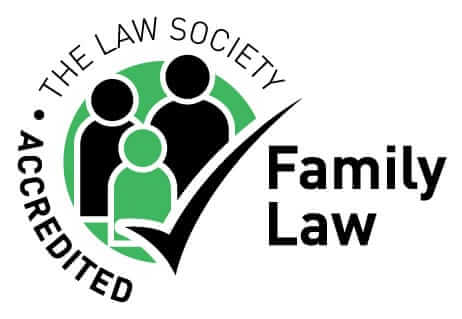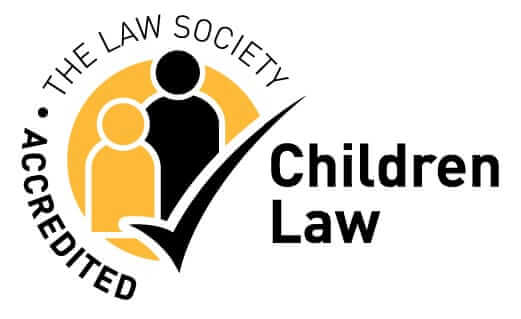Cohabiting parties families are a growing part of society as increasing numbers of people choose to live together without getting married or entering into a civil partnership.
At Hodge Jones & Allen, we have extensive experience in advising cohabiting parties who are separating and need help to settle resulting disputes arising from the breakdown of their relationship. Unravelling matters like property and finances after cohabitation is much more complex than it is after marriage. That’s why we encourage people to set up a Cohabitation Agreement before living together.
Our specialist lawyers can draw up a Cohabitation Agreement that meets your unique situation and needs, helping you feel confident you’re protected no matter what happens in your relationship.
We can also advise you if you’ve been in a cohabiting relationship that has broken down, helping you achieve the fairest outcomes possible given the circumstances.
























